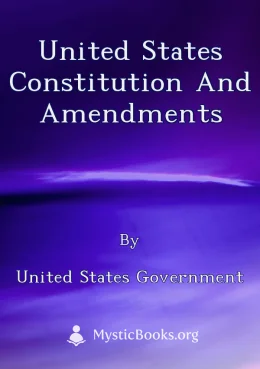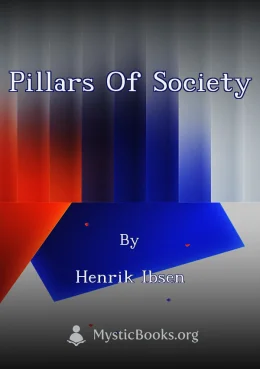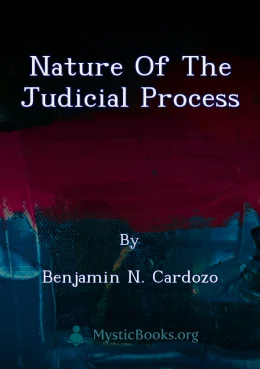
Jurisprudence
by John Salmond
'Jurisprudence' Summary
John Salmond's Jurisprudence is a classic work of legal philosophy. First published in 1902, it has been translated into more than 20 languages and is still widely read today. The book provides a comprehensive and systematic exposition of the fundamental principles of jurisprudence. Salmond's approach is analytical and critical, and he draws on a wide range of sources, including legal theory, history, and comparative law. The book is divided into four parts. The first part deals with the nature of law. Salmond argues that law is a body of rules that are binding on members of a community. He distinguishes between law and morality, and argues that law is not necessarily based on morality. The second part of the book deals with the sources of law. Salmond identifies three main sources of law: legislation, custom, and judicial decisions. He discusses the relative importance of these sources and the relationship between them. The third part of the book deals with the classification of law. Salmond divides law into two main categories: public law and private law. He then subdivides each of these categories into a number of subcategories. The fourth part of the book deals with the relationship between law and morality. Salmond argues that law and morality are distinct but interrelated. He discusses the ways in which law can influence morality and the ways in which morality can influence law.Book Details
Language
EnglishOriginal Language
Published In
Genre/Category
Tags/Keywords
Authors
Download eBooks
Listen/Download Audiobook
- Select Speed
Related books

Report On The Investigation Into Russian Interference In The 2016 Presidential Election by Robert Mueller
The Mueller Report, officially titled 'Report On The Investigation Into Russian Interference In The 2016 Presidential Election', is a comprehensive do...

Bartleby the Scrivener, A Story of Wall Street. by Herman Melville
"Bartleby the Scrivener: A Story of Wall Street" is a short story by Herman Melville. The story first appeared, anonymously, in Putnam's Magazine in t...

United States Constitution and Amendments by United States Government
This book presents the full text of the United States Constitution, including its original articles and all twenty-seven amendments. It is a primary...

Pillars of Society by Henrik Ibsen
Pillars of Society is a realist drama set in a small Norwegian town. The central character, Karsten Bernick, is a successful businessman known for his...

Three Homilies on the Devil by St. John Chrysostom
In "Three Homilies on the Devil", St. John Chrysostom, renowned Archbishop of Constantinople, addresses the pervasive influence of demons on human lif...

Twentieth Century Negro Literature or A Cyclopedia of Thought on the Vital Topics Relating to the American Negro by Daniel Wallace Culp
A collection of essays and reflections that provides a comprehensive examination of key issues and challenges faced by African-Americans at the turn o...

Universal Declaration of Human Rights, Volume 03 by United Nations
The Universal Declaration of Human Rights is a historic document that sets out the fundamental rights and freedoms that all human beings are entitled...

Warren Hastings by Thomas Babington Macaulay
This essay, originally published in the Edinburgh Review in 1841, is a critical examination of Warren Hastings, the first Governor-General of Bengal....

Paradis Perdu by John Milton
Paradis Perdu, or Paradise Lost, is an epic poem by John Milton that recounts the biblical story of the Fall of Man. It explores themes of free will,...

Nature of the Judicial Process by Benjamin N. Cardozo
In *The Nature of the Judicial Process*, Benjamin N. Cardozo, a prominent jurist, explores the complex methods employed by judges in reaching decision...
Reviews for Jurisprudence
No reviews posted or approved, yet...